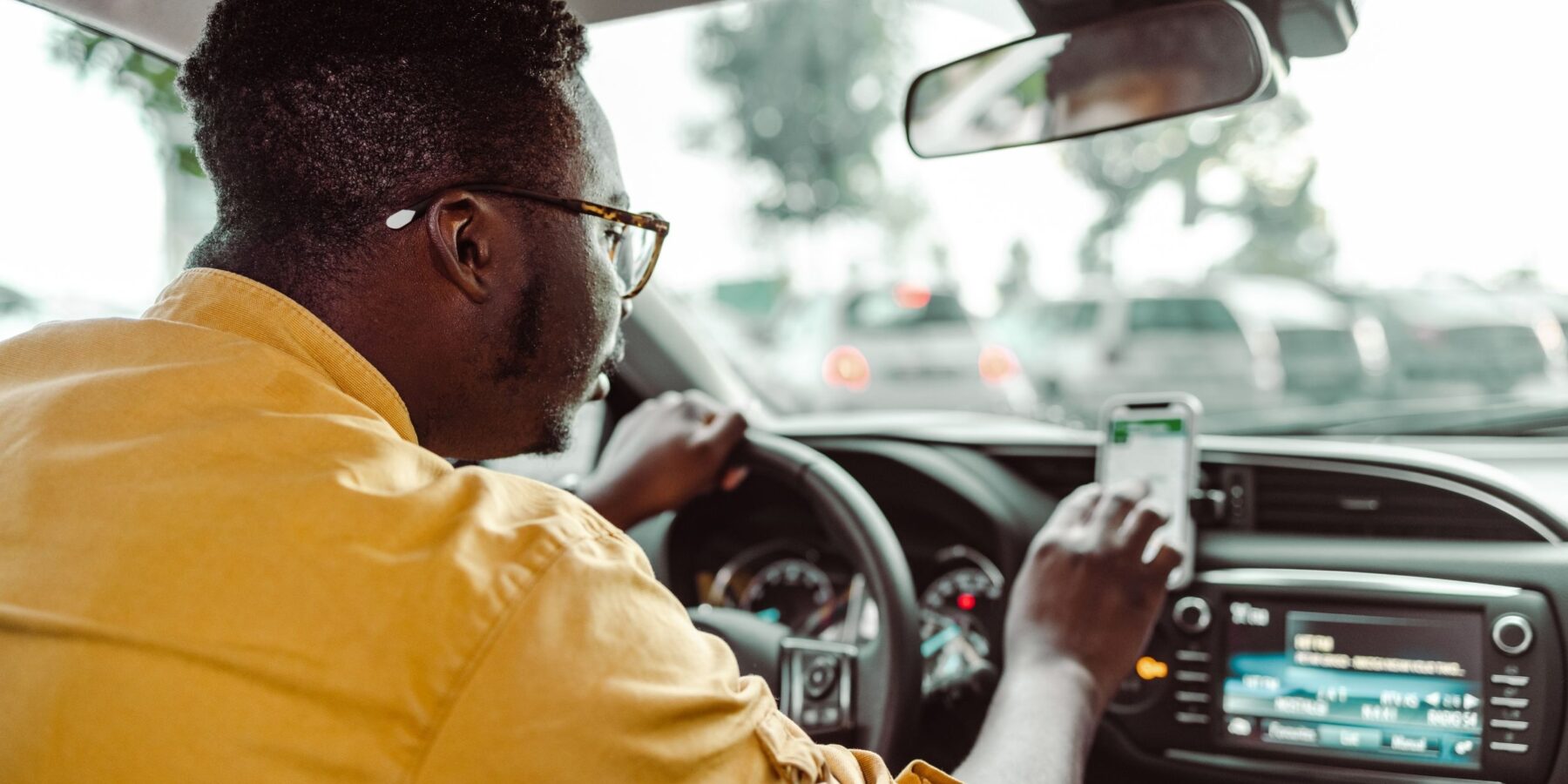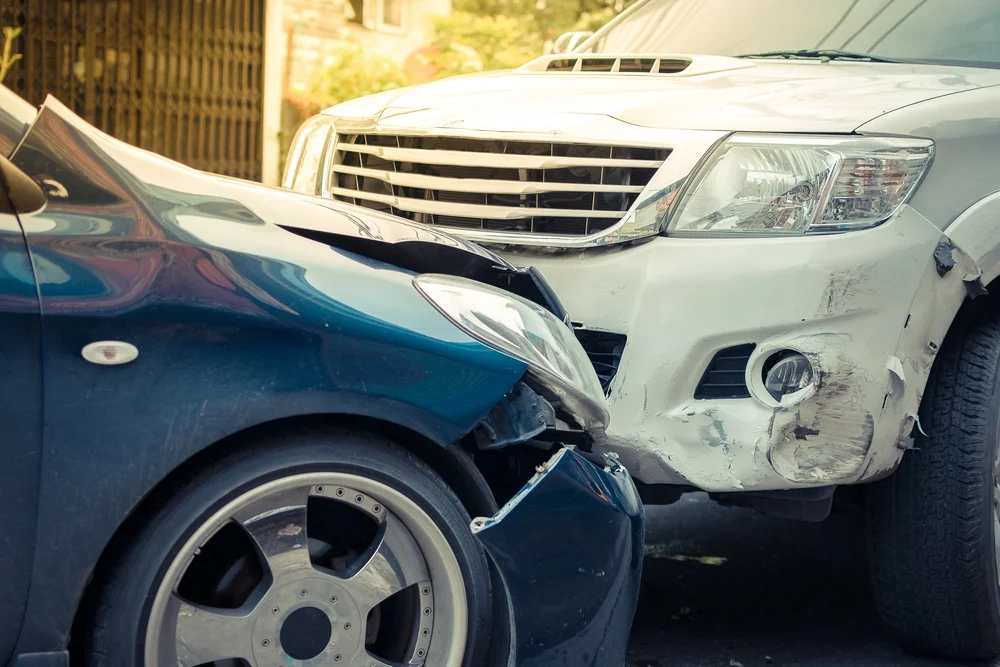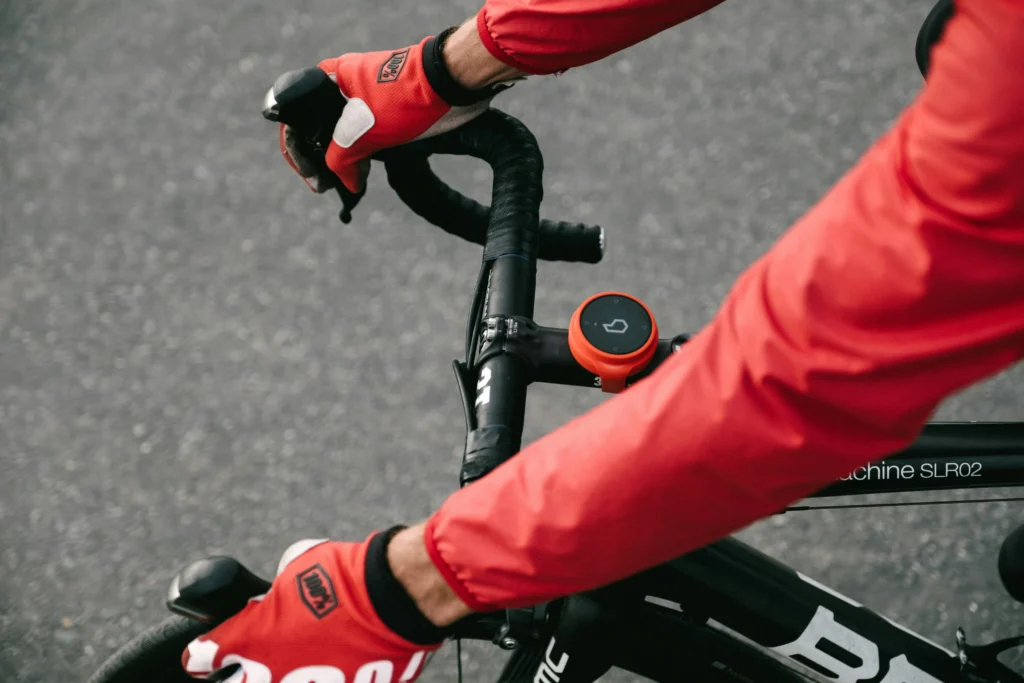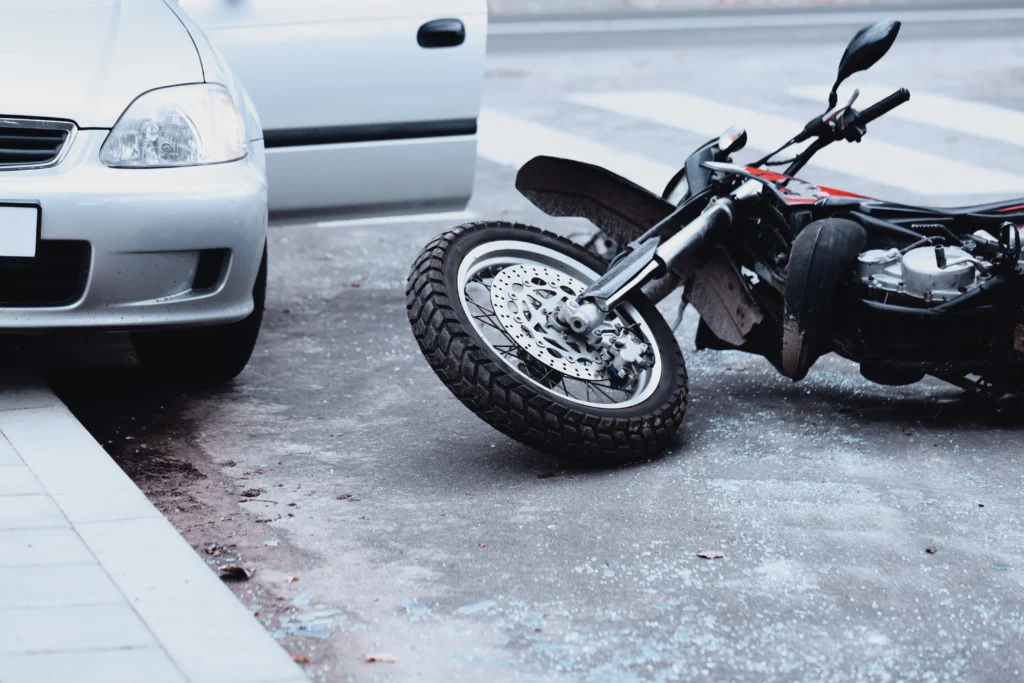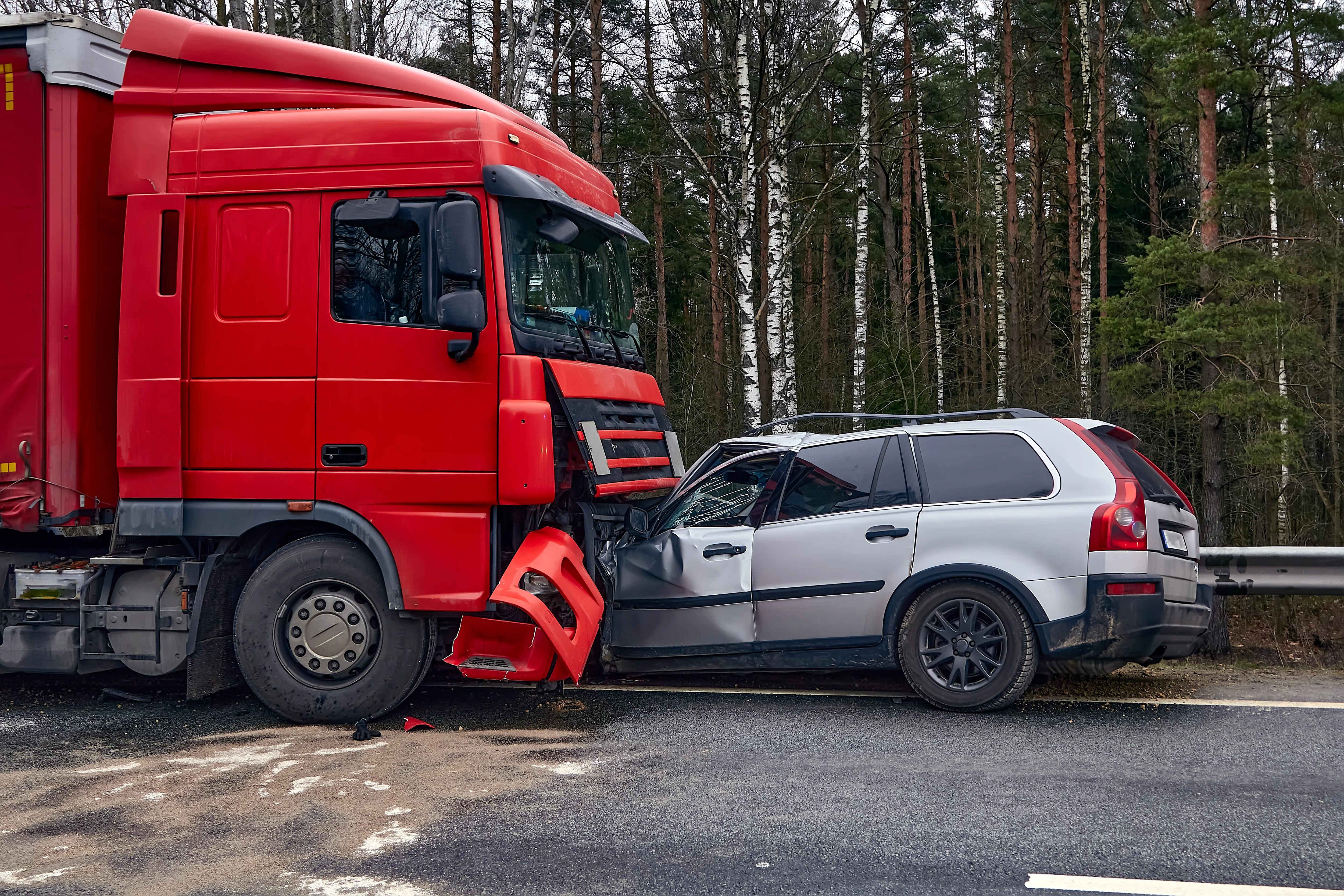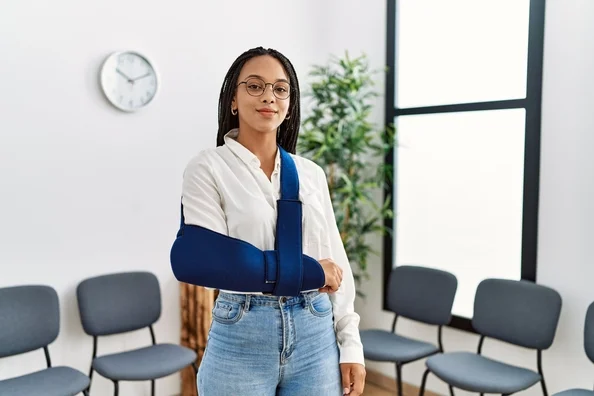Seattle Rideshare Accident and Injury Attorneys Protecting Victims in Uber and Lyft Crashes
Rideshare services like Uber and Lyft are part of everyday life in Seattle. These platforms make it easy to get around, but they also create complex risks on the road. Drivers work under pressure, operate in unfamiliar areas, and often navigate traffic while using their phones. Accidents involving rideshare vehicles happen throughout the city from the downtown core to Capitol Hill, Ballard, and the U-District. Passengers, pedestrians, and other drivers are left with serious injuries and big questions about who is responsible.
Rideshare accident claims are different from other car crash cases. Liability can involve the individual driver, the rideshare company, or a third-party motorist. Insurance coverage may depend on whether the driver was actively transporting a passenger or waiting for a request. These legal and insurance rules are complicated. Without a lawyer who understands how the system works, victims can end up without compensation. At Bernard Law Group, we act quickly to determine coverage, secure evidence, and protect your rights.
According to a University of Chicago Booth School of Business study, the rise of rideshare services has contributed to an increase in traffic fatalities across major U.S. cities. Seattle is no exception. More cars on the road mean more crashes, more injuries, and more confusion about who should pay. Bernard Law Group helps injured riders, passengers, pedestrians, and drivers hold the right parties accountable.
Where Rideshare Accidents Happen Most Often in Seattle
Seattle’s transportation network is dense, fast-moving, and often unpredictable. Uber and Lyft drivers operate in high-traffic areas, navigate tight streets, and interact constantly with pedestrians, cyclists, and distracted drivers. Many work long hours and rely heavily on GPS navigation while managing multiple ride requests. These factors create an environment where rideshare-related accidents happen regularly. Bernard Law Group studies traffic data, urban layout, and historical crash patterns to identify where these collisions occur most often and why.
Downtown Seattle is a Frequent Scene for Uber and Lyft Collisions
The downtown core is one of the busiest and most dangerous places in the city for rideshare activity. With hotels, offices, sports venues, and nightlife within walking distance, Uber and Lyft drivers are constantly picking up and dropping off passengers in high-volume traffic zones. Streets like 4th Avenue, Pine Street, and Stewart Street are filled with rapid lane shifts, double parking, and delivery trucks.
Many rideshare crashes downtown happen during lane changes, unexpected stops, or quick U-turns made to meet passenger pickup points. Pedestrian strikes also occur frequently near crosswalks when drivers focus more on app directions than road conditions. Bernard Law Group analyzes traffic camera footage and trip data to determine how each crash happened and who was responsible.
How Passenger Pickups Create Safety Risks in Downtown Zones
Drivers often stop in no-parking zones, at intersection corners, or mid-lane when accepting a fare in downtown Seattle. These actions create unexpected hazards for other drivers, cyclists, and pedestrians. Our firm uses traffic pattern data and mapping software to show how unsafe stops contributed to a crash. We also investigate how the rideshare company may share liability based on platform design or driver instructions.
Capitol Hill is a Hotspot for Rideshare-Related Nighttime Crashes
Capitol Hill sees heavy rideshare traffic during late evenings and weekends. Its bars, clubs, restaurants, and residential density make it a top destination for Uber and Lyft. The area’s narrow streets, limited parking, and constant foot traffic create an unpredictable driving environment.
Many crashes in Capitol Hill involve speeding, distraction, or sudden door openings during pickup or drop-off. Drivers often make split-second turns or stop without warning when locating passengers. Bernard Law Group investigates phone use, app notifications, and map activity to understand how distraction contributed to the crash and to prove negligence.
South Lake Union is Known for Fast-Moving Rideshare and Delivery Traffic
South Lake Union is a tech and retail hub with constant traffic throughout the day. Ride-hailing vehicles compete for space with commercial vans, cyclists, and city buses. Rideshare crashes in this area often involve side-swipes, rear-end collisions, and cyclist impacts near intersections such as Mercer Street, Fairview Avenue, and Westlake Avenue.
The combination of speed, frequent turns, and high ride request volume means Uber and Lyft drivers often rush between trips. When that rush leads to error, serious accidents happen. We analyze app history, GPS logs, and intersection signal timing to support claims involving injury in South Lake Union.
Airport and Rideshare Staging Areas at Seattle-Tacoma International
Many rideshare collisions linked to Seattle occur at or near Seattle-Tacoma International Airport. Drivers unfamiliar with airport roadways often make last-minute lane changes, stop in unauthorized areas, or rush to find waiting passengers. These crashes occur in both designated staging areas and active terminal loops.
Navigating the pickup process at Sea-Tac creates confusion for both riders and drivers. Our legal team evaluates airport traffic control data, staging app logs, and vehicle movement reports to determine whether the rideshare driver followed platform rules and city regulations. When violations occur, they can significantly affect liability and compensation.
Most Common Types of Rideshare Collisions in Seattle
Rideshare accidents occur under a wide range of traffic conditions, but many follow consistent patterns tied to how Uber and Lyft drivers operate. These crashes involve unique risks, especially in Seattle’s dense urban landscape where rapid trip turnover, driver distraction, and poorly designed pickup areas make collisions more likely. Understanding the type of crash helps determine fault and the scope of insurance coverage. Bernard Law Group investigates every detail to present a clear picture of how and why the crash happened.
Rear End Collisions Caused by Sudden Stops or Distraction
Rear-end crashes are among the most frequent rideshare collisions in Seattle. They often occur when a rideshare driver stops abruptly to pick up or drop off a passenger. Following drivers, especially those in congested areas like Belltown, Capitol Hill, or the University District, may not have time to react. These incidents frequently result in whiplash, spinal injuries, or facial trauma due to the sudden impact.
Our legal team uses app data, dashcam footage, and vehicle telematics to determine stopping points and traffic flow patterns. We also analyze whether the rideshare driver failed to use hazard lights or stopped in an unsafe location that contributed to the crash.
How Short Notice Pickups Lead to High Risk Rear End Collisions
Rideshare platforms often notify drivers of incoming trips only seconds before a turn or stop is needed. Drivers may slow down suddenly or stop in active lanes without time to signal. These behaviors create dangerous conditions for all vehicles behind them. Bernard Law Group gathers notification logs, trip acceptance timing, and street-level images to prove how rideshare platform design may have played a role in causing the crash.
Intersection Accidents Involving Left Turns and Illegal Maneuvers
Many rideshare crashes occur at intersections where drivers are attempting quick turns, often without clear sightlines or signal compliance. These collisions are common near intersections along Rainier Avenue, Madison Street, and 12th Avenue. Rideshare drivers sometimes make illegal U-turns, cut across multiple lanes to reach a destination pin, or misjudge oncoming traffic.
Victims of intersection crashes often suffer side-impact injuries, broken bones, or head trauma. We gather traffic signal data, witness accounts, and navigation history from the driver’s app to determine exactly how the crash happened and whether traffic laws were violated.
Sideswipe Accidents from Merging Without Checking Blind Spots
Sideswipe collisions often happen when rideshare drivers re-enter traffic after dropping off a passenger or pulling over to look for an address. In areas like Westlake Avenue, Dexter Avenue, and NE 45th Street, frequent stops and tight lanes make these crashes more common. These collisions may seem minor at first but often result in neck, shoulder, or back injuries that worsen over time.
We collect damage reports, dash camera footage, and city traffic camera recordings to confirm lane position, speed, and visibility. Our legal team uses this evidence to prove that the driver failed to check mirrors or blind spots before merging back into traffic.
Collisions Involving Pedestrians and Bicyclists During Pickups
Some of the most severe rideshare-related accidents involve vulnerable road users such as pedestrians and cyclists. These collisions often happen when rideshare drivers pull across bike lanes, block crosswalks, or open car doors into pedestrian paths. Downtown Seattle, the South Lake Union tech corridor, and Alki Beach are areas where these risks are highest.
We work with pedestrian safety experts and crash scene investigators to reconstruct how the accident occurred. Whether the driver failed to yield, obstructed a bike lane, or acted in violation of Seattle’s road safety rules, we build the case around those facts and push for full accountability.
Most Common Types of Rideshare Collisions in Seattle
Rideshare accidents occur under a wide range of traffic conditions, but many follow consistent patterns tied to how Uber and Lyft drivers operate. These crashes involve unique risks, especially in Seattle’s dense urban landscape where rapid trip turnover, driver distraction, and poorly designed pickup areas make collisions more likely. Understanding the type of crash helps determine fault and the scope of insurance coverage. Bernard Law Group investigates every detail to present a clear picture of how and why the crash happened.
Rear End Collisions Caused by Sudden Stops or Distraction
Rear-end crashes are among the most frequent rideshare collisions in Seattle. They often occur when a rideshare driver stops abruptly to pick up or drop off a passenger. Following drivers, especially those in congested areas like Belltown, Capitol Hill, or the University District, may not have time to react. These incidents frequently result in whiplash, spinal injuries, or facial trauma due to the sudden impact.
Our legal team uses app data, dashcam footage, and vehicle telematics to determine stopping points and traffic flow patterns. We also analyze whether the rideshare driver failed to use hazard lights or stopped in an unsafe location that contributed to the crash.
How Short Notice Pickups Lead to High Risk Rear End Collisions
Rideshare platforms often notify drivers of incoming trips only seconds before a turn or stop is needed. Drivers may slow down suddenly or stop in active lanes without time to signal. These behaviors create dangerous conditions for all vehicles behind them. Bernard Law Group gathers notification logs, trip acceptance timing, and street-level images to prove how rideshare platform design may have played a role in causing the crash.
Intersection Accidents Involving Left Turns and Illegal Maneuvers
Many rideshare crashes occur at intersections where drivers are attempting quick turns, often without clear sightlines or signal compliance. These collisions are common near intersections along Rainier Avenue, Madison Street, and 12th Avenue. Rideshare drivers sometimes make illegal U-turns, cut across multiple lanes to reach a destination pin, or misjudge oncoming traffic.
Victims of intersection crashes often suffer side-impact injuries, broken bones, or head trauma. We gather traffic signal data, witness accounts, and navigation history from the driver’s app to determine exactly how the crash happened and whether traffic laws were violated.
Sideswipe Accidents from Merging Without Checking Blind Spots
Sideswipe collisions often happen when rideshare drivers re-enter traffic after dropping off a passenger or pulling over to look for an address. In areas like Westlake Avenue, Dexter Avenue, and NE 45th Street, frequent stops and tight lanes make these crashes more common. These collisions may seem minor at first but often result in neck, shoulder, or back injuries that worsen over time.
We collect damage reports, dash camera footage, and city traffic camera recordings to confirm lane position, speed, and visibility. Our legal team uses this evidence to prove that the driver failed to check mirrors or blind spots before merging back into traffic.
Collisions Involving Pedestrians and Bicyclists During Pickups
Some of the most severe rideshare-related accidents involve vulnerable road users such as pedestrians and cyclists. These collisions often happen when rideshare drivers pull across bike lanes, block crosswalks, or open car doors into pedestrian paths. Downtown Seattle, the South Lake Union tech corridor, and Alki Beach are areas where these risks are highest.
We work with pedestrian safety experts and crash scene investigators to reconstruct how the accident occurred. Whether the driver failed to yield, obstructed a bike lane, or acted in violation of Seattle’s road safety rules, we build the case around those facts and push for full accountability.
Serious Injuries Caused by Seattle Rideshare Accidents
Rideshare collisions in Seattle often result in injuries that are serious, complex, and long-lasting. Whether you were a rideshare passenger, a pedestrian, a cyclist, or another motorist, the injuries you suffer can disrupt every part of your life. Medical care often extends beyond the emergency room and into surgery, rehabilitation, and long-term treatment. These injuries come with physical pain, financial hardship, and emotional trauma. Bernard Law Group works with your full medical team to document your recovery and prove how every injury impacts your ability to live and work.
Traumatic Brain Injuries with Cognitive and Emotional Symptoms
Head trauma is one of the most serious outcomes of a rideshare crash. These injuries may happen from impact with a seat, doorframe, dashboard, or pavement. Even if you remain conscious, your brain can still sustain serious damage. Symptoms may include memory loss, personality changes, headaches, and blurred vision.
We gather imaging records, specialist evaluations, and recovery plans from neurologists and neuropsychologists. This evidence shows how your thinking, focus, and daily function are affected. In cases involving motorcycles, the risk increases even more. The Washington Traffic Safety Commission tracks statewide crash data, including serious injury trends in urban areas like Seattle. If your crash involved a rideshare vehicle and a motorcycle, your claim may involve both personal injury and complex liability tied to a Seattle motorcycle accident.
Why Brain Injuries Reduce Long-Term Earning Ability
Victims with even moderate traumatic brain injuries often experience difficulty with concentration, emotional control, and memory. These symptoms make it harder to perform skilled work, complete school, or maintain daily routines. Our legal team includes these impacts in every claim and provides detailed evidence from medical experts to support full compensation.
Bone Fractures and Orthopedic Damage
Fractured bones are extremely common in rideshare-related crashes. Whether caused by sudden impact, ejection, or being pinned during a collision, broken bones take months to heal. Surgeries, physical therapy, and immobilization often follow. Some injuries leave victims with permanent joint stiffness, arthritis, or restricted mobility.
We include orthopedic records, X-rays, surgical notes, and therapy progress reports in your case file. Bernard Law Group makes sure insurance companies understand how these injuries continue to affect your physical abilities long after the crash.
Spinal Injuries That Require Surgery or Ongoing Rehabilitation
The spine is vulnerable in nearly every kind of traffic collision. Herniated discs, spinal cord trauma, and nerve damage can leave victims with radiating pain, muscle weakness, or full paralysis. Spinal injuries can also trigger neurological issues or limit movement permanently.
Our attorneys work with spinal surgeons and rehabilitation therapists to build a complete record of your injury. We include future medical costs, adaptive equipment, and evidence of long-term pain or work restrictions in every claim.
Internal Injuries That Can Become Life Threatening
Not all injuries are visible at the time of the crash. Rideshare accident victims may suffer damage to the lungs, spleen, liver, or other internal organs. These injuries often require emergency surgery and ongoing care. Some victims experience long-term digestive, respiratory, or circulatory problems due to delayed treatment or post-operative complications.
Our firm compiles trauma reports, surgical summaries, and specialist consultations to show the full impact of these hidden injuries. We also gather supporting evidence that shows how these conditions restrict lifestyle and create recurring medical needs.
Compensation Available After a Rideshare Accident in Seattle
Rideshare accident victims often face medical bills, missed work, long-term care needs, and emotional trauma. These financial and personal burdens add up quickly. Washington law allows you to recover compensation when another party’s negligence caused your injuries. In Uber and Lyft crashes, more than one insurance policy may apply. Bernard Law Group ensures every form of loss is fully documented and aggressively pursued. We build strong, evidence-based claims designed to recover the maximum compensation available.
Medical Bills From Emergency Room to Long Term Recovery
Rideshare crashes frequently cause injuries that require surgery, physical therapy, and extended follow-up care. Many victims also need mental health support, medication, or assistive equipment to manage pain and function. We gather hospital records, treatment summaries, and specialist opinions to document the full cost of your medical recovery.
Our team works closely with your doctors to include future care needs in the claim. Whether you require rehabilitation, mobility devices, or multiple surgeries, Bernard Law Group ensures every medical cost is calculated and supported.
How Projected Medical Expenses Are Calculated in Severe Injury Claims
For serious injuries like spinal trauma, traumatic brain injury, or internal damage, future medical needs can last for years. We work with life-care planners and medical economists who provide expert reports that project those long-term costs. This helps ensure you are not left with medical debt after settlement or trial.
Loss of Income and Earning Power
Injuries from rideshare accidents can make it impossible to return to your job. Victims may miss weeks or months of work. Others must switch to lower-paying roles or leave the workforce altogether. Our attorneys collect payroll records, tax returns, and employer letters to show your exact wage loss.
For clients who suffer lasting disabilities or chronic pain, we also consult with vocational experts. These professionals help us prove how your ability to earn income has changed and what you have lost in lifetime wages.
Pain and Suffering That Affects Quality of Life
Not all damages come with receipts. Pain, emotional distress, trauma, and reduced enjoyment of life are compensable under Washington law. Rideshare crash victims often face anxiety, depression, chronic pain, and loss of independence.
We present therapist evaluations, personal statements, and supporting testimony from family members or friends. Bernard Law Group makes sure this deeply personal part of your injury is not ignored or minimized by the insurance company.
Property Damage and Other Financial Losses
A rideshare crash can leave your vehicle damaged or totaled. You may also lose valuable items like phones, glasses, laptops, or other personal property inside the car. Even rental car costs and rides to follow-up appointments become part of the financial loss.
Our legal team collects repair estimates, receipts, and damage appraisals. These costs are added to your claim and fully documented. We make sure you are reimbursed for every crash-related expense, not just medical treatment.
What to Do After a Rideshare Accident in Seattle
The moments following a rideshare accident can feel chaotic. Whether you were injured as a passenger, pedestrian, cyclist, or another driver, what you do next can directly affect the success of your injury claim. Evidence disappears quickly. Insurance companies move fast to protect themselves. Without immediate action and the right legal support, your ability to recover full compensation may be compromised. Bernard Law Group helps victims protect their rights from day one.
Prioritize Your Safety and Get Immediate Medical Care
If you are hurt, your first step should be to seek medical attention. Even if injuries seem minor, symptoms can take hours or days to develop. Soft tissue damage, concussions, and internal injuries often appear after the initial shock wears off. Failing to document these injuries early may allow the insurance company to argue they were unrelated to the crash.
We advise all clients to visit an emergency room, urgent care, or primary care provider as soon as possible. Keep all discharge papers, test results, prescriptions, and follow-up instructions. These medical records will help link your injuries to the crash and support your legal claim.
Report the Crash to Police and Make Sure a Report Is Filed
Always call 911 if you are involved in a rideshare accident. Whether you were in the rideshare vehicle or struck by one, it is essential that police respond to the scene. Officers will create an official crash report that includes witness statements, diagrams, and road conditions.
This document provides foundational evidence for your claim. Make sure you get the report number or know how to request a copy. Bernard Law Group uses this report to cross-check driver accounts, app trip data, and liability timelines.
Avoid Giving Statements to Rideshare Insurance Companies
After the crash, you may be contacted by Uber, Lyft, or their insurance adjusters. They often ask for recorded statements, issue early settlement offers, or request access to your medical records. These early contacts are not designed to help you they are meant to minimize the value of your claim.
Do not speak to any insurance company before contacting a lawyer. We manage all communication from the moment you hire us. Bernard Law Group makes sure your case is presented accurately and that no statements are used against you.
Gather Evidence and Start a Crash Documentation File
If you are physically able, collect as much information at the scene as possible. Take photos of vehicle damage, license plates, injuries, street signs, and traffic lights. Ask witnesses for their names and contact information. Save any screenshots of your rideshare app showing the trip time, route, or driver details.
As you recover, keep records of all expenses, missed workdays, therapy visits, and out-of-pocket costs. Every piece of documentation becomes part of the claim file your attorney will use to demand full compensation.
Early Legal Intervention Helps Preserve Key Digital Evidence
Trip data, app logs, dashcam video, and black box reports are critical in rideshare crashes but they can be deleted or overwritten quickly. Our firm sends legal preservation notices to Uber, Lyft, and their drivers immediately. This ensures no critical evidence is lost and strengthens your case from the start.
Contact Bernard Law Group for a Free Seattle Rideshare Accident Consultation
If you or a loved one was injured in an accident involving an Uber, Lyft, or other rideshare vehicle in Seattle, you do not have to handle the legal process alone. These cases are complex, and insurance companies move quickly to limit their financial responsibility. The sooner you get experienced legal help, the stronger your case will be.
Bernard Law Group has helped rideshare accident victims across Seattle recover compensation for medical costs, lost wages, and long-term injuries. Our team investigates every detail, preserves critical digital evidence, and negotiates with insurers to secure full compensation on your behalf.
Why Rideshare Accident Victims Choose Bernard Law Group:
- Free consultation with a Seattle rideshare accident attorney
- No fees unless we win compensation for you
- Extensive experience handling Uber, Lyft, and third-party liability claims
- Full-service case management from start to finish
- Clear communication and personal attention throughout your recovery
Call us at (206) 752-2233 or visit our contact page to schedule a free consultation.
Practice Areas
Trust Us With Your Personal Injury Claim
If you or a loved one have been injured, Bernard Law Group will fight for you every step of the way. We will give our all to secure the compensation you rightfully deserve.
Contact usfor a free consultation.
Phone: (206) 312-3908
